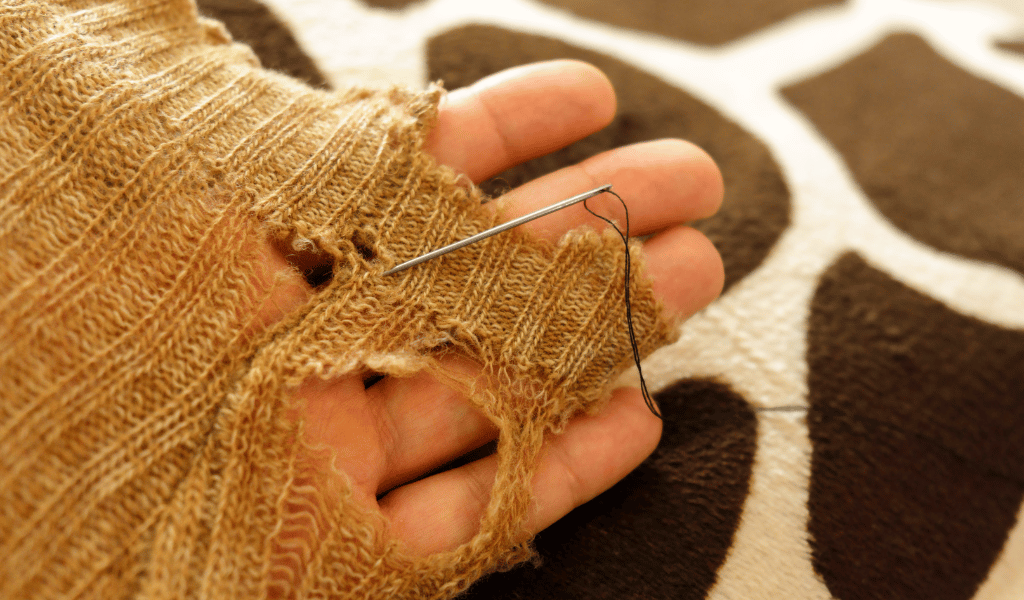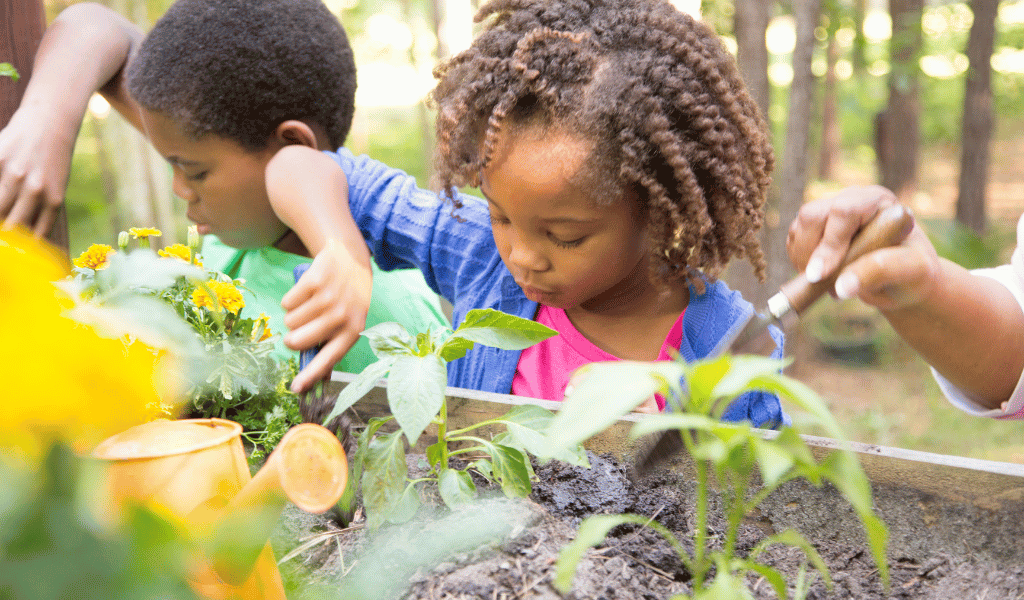“You cannot get through a single day without having an impact on the world around you. What you do makes a difference, and you have to decide what kind of difference you want to make.”
Dr. Jane Goodall
Sustainability isn’t just for Earth Day. It needs to be woven into everyday actions. In this blog, we turn to Sarah Watkins for practical ways to start by embracing its four pillars in daily practice:
Unicef warns that climate change is “a children’s rights crisis.” Children will be among the most vulnerable in our society to the effects of climate change, and early childhood is the time when lifelong attitudes are shaped.
Here are five simple but powerful ways to integrate sustainability into your early years practice:
Picture books can open doors to big ideas in ways that young children can more easily understand. Classics like Emily Gravett’s Tidy, where an overzealous badger learns the hard way about nature’s balance, or Nathan Bryon’s Clean Up!, which shows a child taking action for her beach, make abstract concepts more tangible. In my weekly pop-up provision, sharing books that touch on climate change has prompted some deep conversations amongst the pre-schoolers.
Children learn what they live, so let them see sustainability in action. Reframe repair as an act of care by creating a special area for broken toys that need fixing. We have a few ‘repair cafes’ in my local town, and a volunteer at one of these kindly took apart, fixed and reassembled one of my RSPB toy birds that had “lost its voice” (as a child put it). As she stitched the robin back up, the volunteer told me how delighted she was that the children would enjoy playing with it once again and I felt guilty that I had considered simply buying a new one! The children were excited to welcome the robin back and we sent a photo back to the repair café. These everyday practices quietly teach that resources are precious.

No matter how small your outdoor space, it can become a lifeline for wildlife. As urbanisation accelerates, vital wildlife corridors are vanishing, leaving different species isolated and vulnerable. But even a tiny patch can help: planting bee friendly plants, creating bug hotels, or setting up hedgehog houses or bird boxes can offer safe places for creatures to stop to get nourishment and rest. Children can deepen their connection to nature by caring for these spaces, perhaps by installing a rainwater collection system to sustain the plants or imagining the world through the eyes of a bee, hedgehog, or bird.
Early childhood settings are well placed to drive social change by addressing injustice, but we cannot single-handedly solve issues like climate change. It’s worth identifying local partners who are invested in sustainability. The Friends of the River Wye were delighted to link with my school on a project about river pollution and this partnership led to the children appearing on Countryfile!
You could consider getting the local community involved in a ‘green festival,’ creating more advocates for the climate, or working with elderly residents at a care home on a legacy tree planting project. These shared experiences show children they’re part of something bigger.
It’s also important to see the children themselves as partners, valuing their voices in the sustainability journey. Social justice must be child-centred.

With young children, daily rituals can build lasting understanding. The children could paint stones with things they appreciate in nature, building nature connection.
These moments of reflection help sustainability become not just something we do, but part of who we are.
You could also consider applying for an award such as The RHS School Gardening Award, The Green Flag award or Eco Schools award to recognise the progress you have made. I recently led our setting’s successful application for the Rights Respecting Schools silver award and this was a great opportunity to consider how we support children to the right to a healthy and fair world.
“If we want children to flourish, we need to give them time to connect with nature and love the Earth before we ask them to save it.” — David Sobel.

Sarah Watkins is currently a Forest School leader and associate lecturer at Worcester University. She is the author of ‘Outdoor Play for Healthy Little Minds’ and is passionate about the positive impact of outdoor play on children’s wellbeing. She previously spent over a decade teaching, working with all age groups before becoming Head of School. You may have come across Sarah on Twitter/X under her handle @mini_lebowski!